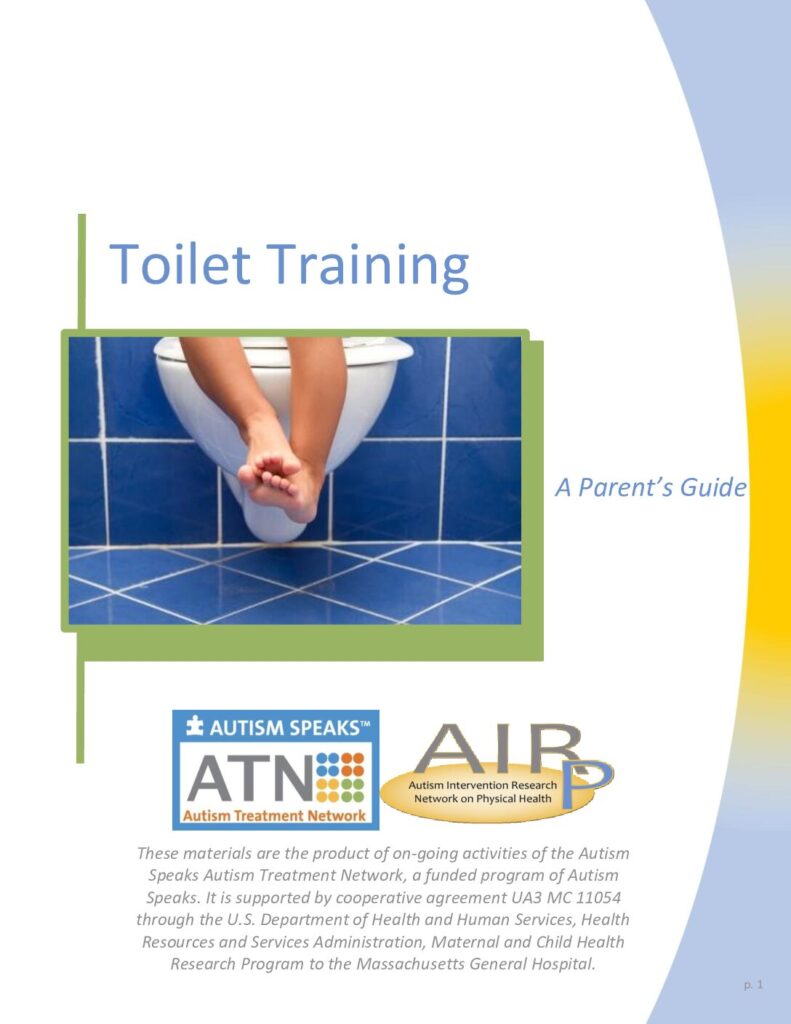Caregivers are individuals who provide support and assistance to people who are unable to care for themselves due to a physical or mental disability, illness, or aging. Caregivers can be family members, friends, or professionals who provide a range of services, including personal care, medical care, and emotional support.
The responsibilities of a caregiver can vary depending on the needs of the person they are caring for. Some common tasks include assisting with daily living activities such as bathing, dressing, and feeding, managing medications, providing transportation to medical appointments, and providing emotional support.
Caregiving can be a rewarding experience, but it can also be physically and emotionally demanding. Caregivers often experience stress, exhaustion, and burnout due to the demands of their role. It is important for caregivers to take care of themselves and seek support from others to prevent burnout.
and support their contributions to society.
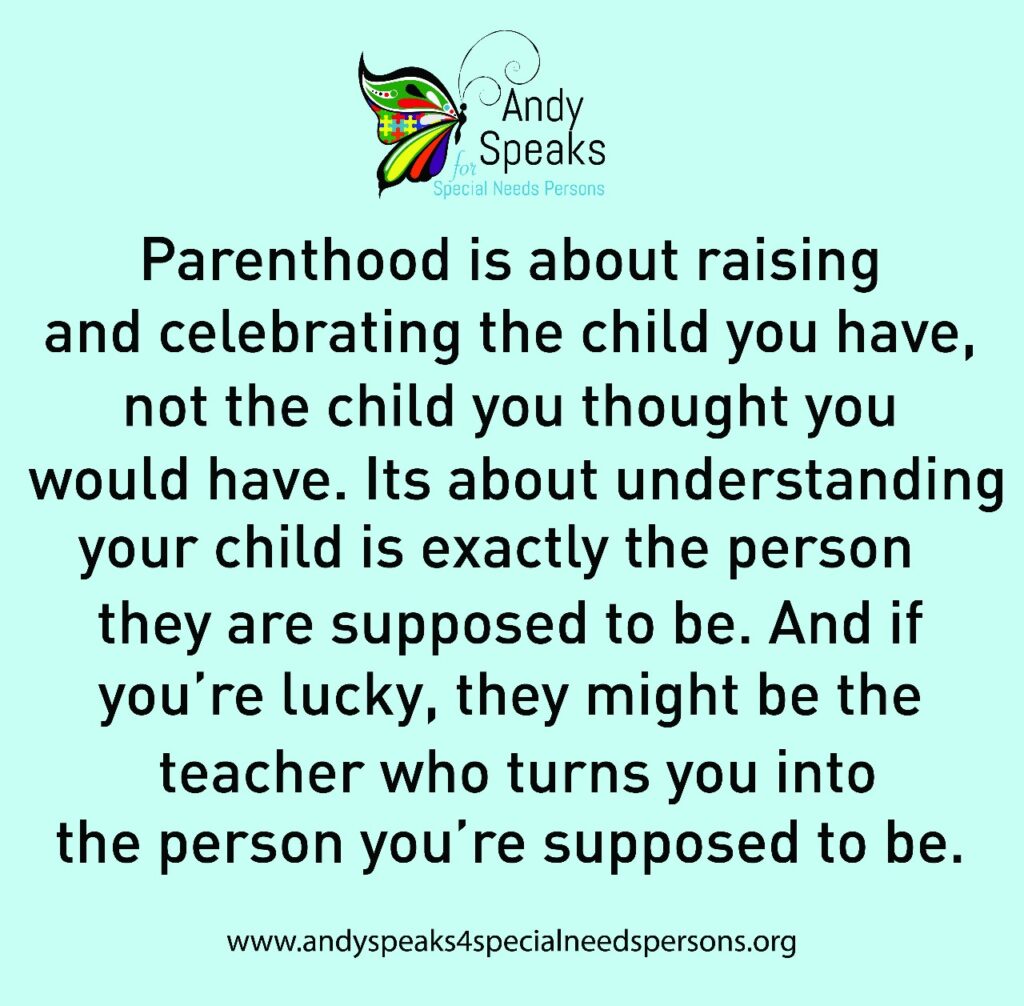
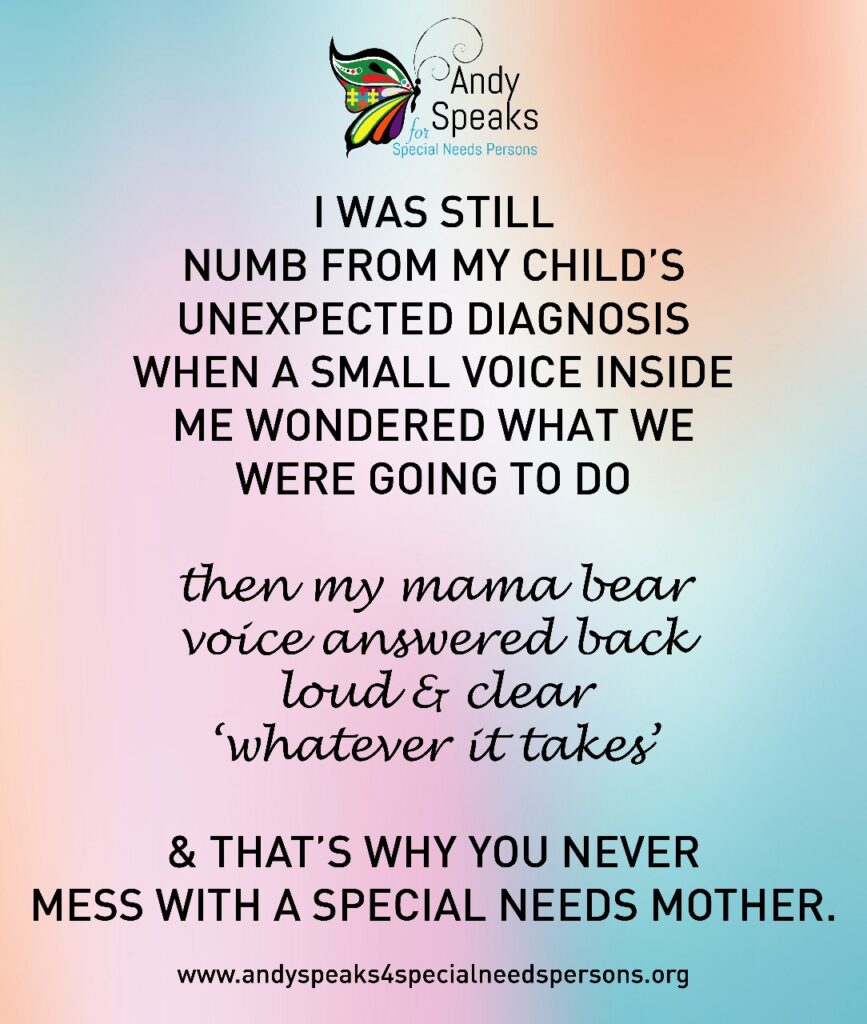
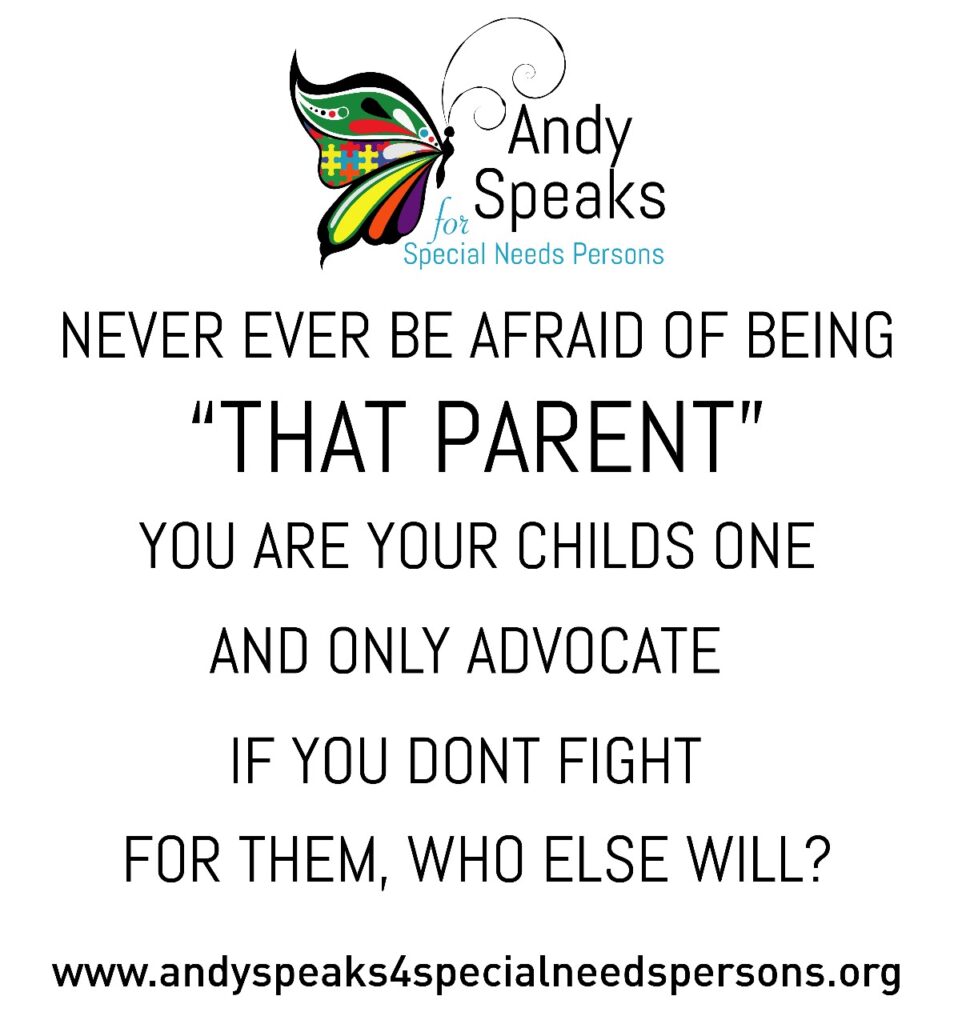
There are various resources available to support caregivers, including respite care services, support groups, and counseling services. Governments and non-governmental organizations have established programs and services to provide assistance to caregivers, including financial assistance and education and training programs.
Overall, caregivers play an important role in providing support and care to individuals who need it, and it is important to recognize
We know that accessing the recommended treatments for children with autism leads to additional stressors that can negatively affect the health of parents. However, these stressors do not impact all families in the same way,” explains Michele Parker, an assistant professor in the College of Health and Human Sciences. “Our research will identify the role of autism care coordination in parent health to inform health care policies that support greater health equity.”
WHY IT MATTERS: About 1 in 36 children have been identified as having autism spectrum disorder, meaning a high percentage of parents nationwide are working on finding services for their children. Additionally, there is an overall lack of autism services throughout, from diagnosis to various forms of therapy.
POST DIAGNOSIS
Never let anyone say “never” when it comes to your child’s abilities. “Be careful of judging what your child is capable of. You have to watch your child and give him every opportunity to see how they respond. Let your child decide what his limitations are.”
Never let yourself judge what your child is capable of achieving.
“He may not be able to verbally communicate, but this kid has it all going on… he thinks, he feels, he knows exactly what’s happening, and he’s got a voice. And that voice is inside of him and I have to find some way that will allow him to let it out.”
Don’t doubt that your child has a voice… It’s up to you to hear it.
“By virtue of his honesty, struggle, persistence and his personality, James brings out the best in people. He literally saved my life. I was on a destructive path. When I couldn’t make the changes in my life for myself, I made them for James. He gave me the reason to be a better man and father.”
Your child will bring out the best in you.
“James wants the same things we all do. He just wants to be part of the community. He wants to feel welcome and involved. He wants to give and feel love. He wants to play his part. He wants to contribute and add not only to his life, but the lives of others.”
Your child will make a difference if only given a chance to contribute.
“When those with special needs are rightfully given the same opportunities as the rest of us,
then the impossible becomes possible and each individual’s endeavor takes center stage. We then see ability instead of disability in every single person and we arrive at the solidarity of acceptance, respect and inclusion.”
NEURODIGEST
NeuroDigest is an Advocacy & Awareness Programme of Andy Speaks 4 Special needs persons that runs various activities, events and platforms to raise awareness on Neurodevelopmental Disabilities.
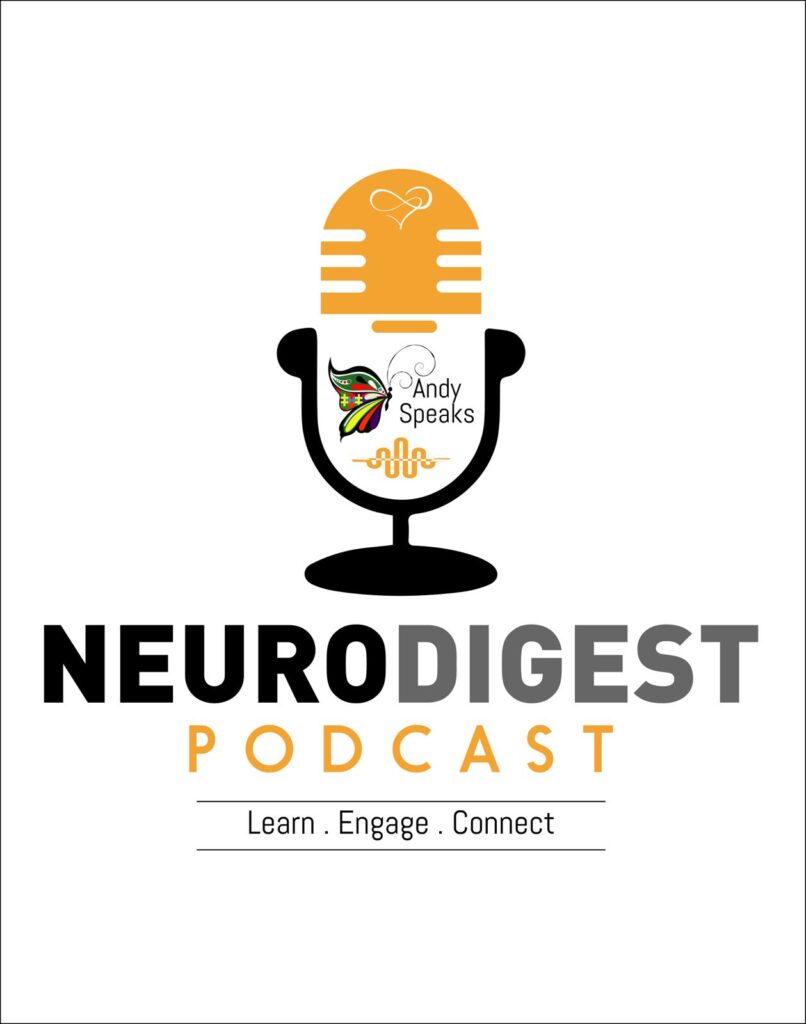
NEURODIGEST SPECIAL NEEDS HANGOUTS
HANGOUT WITH SALLY NEWTON
Would you like to be featured or interviewed on Neurodigest?
Activities of Daily Living(ADL)
ADLs are the basic tasks and activities that individuals need to perform in their daily lives to take care of themselves and maintain their well-being. ADLs include tasks such as bathing, dressing, grooming, eating, toileting, and mobility.
The ability to perform ADLs is essential for independent living and is often used as a measure of an individual’s functional status. For example, individuals who have difficulty performing ADLs due to physical or mental impairments may require additional support and assistance from caregivers or healthcare professionals to maintain their independence and quality of life.
Healthcare professionals, such as occupational therapists and nurses, often assess an individual’s ability to perform ADLs as part of their evaluation and treatment plan. They may recommend modifications to the individual’s living environment or provide adaptive equipment to assist with ADLs.
Overall, the ability to perform ADLs is an important factor in an individual’s overall health and well-being, and healthcare professionals and caregivers often work together to support individuals in performing these tasks to maintain their independence and quality of life.
Behavior
Corregulation
Coregulation is a term used to describe the process by which two or more individuals mutually regulate each other’s emotions, behavior, and physiological states in order to achieve a shared goal or maintain a positive relationship. Coregulation is an important aspect of human development and socialization, particularly in early childhood when children are learning to regulate their emotions and behavior.
Coregulation involves a reciprocal exchange of signals, cues, and responses between individuals, such as the use of eye contact, touch, or verbal communication to express emotions or convey meaning. Coregulation can also involve the use of physical proximity, movement, and facial expressions to coordinate actions and emotions.
Coregulation can have positive effects on individuals, such as increasing feelings of connectedness, trust, and empathy. It can also have a calming effect on individuals and help them to regulate their emotions and behavior. For example, in parent-child interactions, coregulation can help children regulate their emotions and behavior, while also strengthening the parent-child bond.
Overall, coregulation is an important aspect of human interaction and can be particularly beneficial for individuals who may have difficulty regulating their emotions or behavior on their own. Coregulation can also be fostered through social support networks, therapeutic interventions, and mindfulness practices.
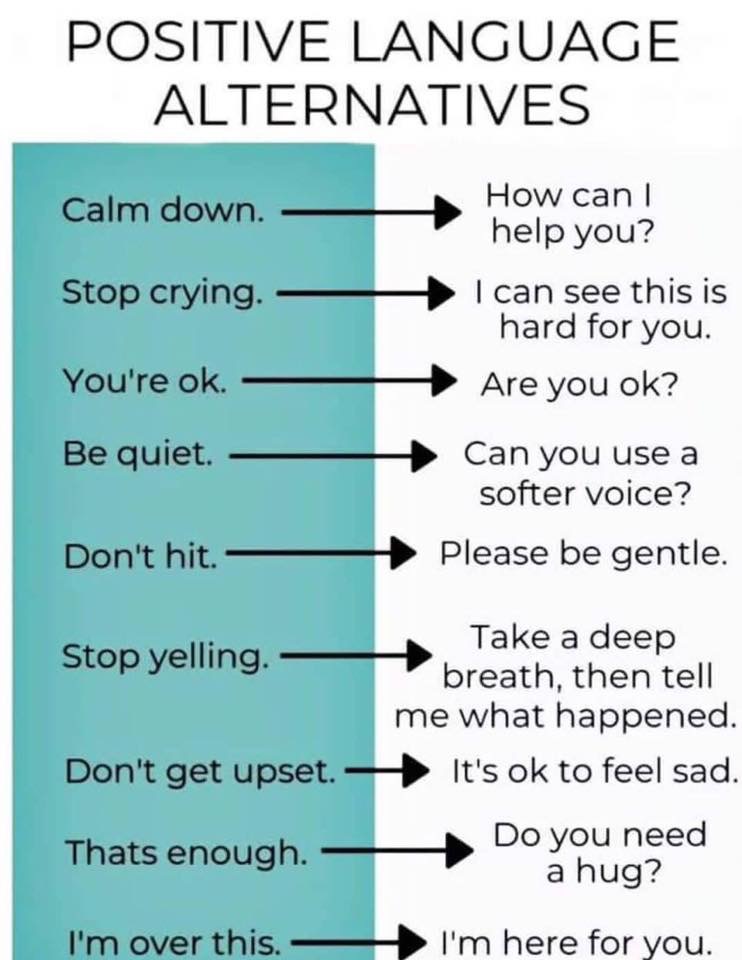
Adolescence
Sexuality
Sexuality in neurodiverse persons refers to the sexual expression and behaviors of individuals who have neurological differences, such as autism spectrum disorder (ASD), attention deficit hyperactivity disorder (ADHD), or intellectual disabilities. Neurodiverse individuals may experience unique challenges related to their sexuality, including social and communication difficulties, sensory sensitivities, and difficulty with emotional regulation.
Sexuality in neurodiverse individuals can manifest in a variety of ways, and it is important to recognize and support their individual preferences and needs. Some individuals with neurodiverse conditions may experience a lack of interest in sexual activity or struggle with social cues related to dating and relationships. Others may engage in sexually inappropriate behaviors due to a lack of understanding of appropriate boundaries or social norms.
It is important to provide neurodiverse individuals with education and support related to sexuality and relationships. This may include providing information about sexual health, safe sex practices, and consent, as well as support in developing social skills related to dating and relationships. Support may also be necessary in managing inappropriate sexual behaviors, such as providing counseling or behavioral therapy.
Overall, it is important to recognize that sexuality is a natural and normal aspect of human development, and that neurodiverse individuals may have unique experiences and challenges related to their sexuality. Providing education and support can help neurodiverse individuals to navigate these challenges and develop healthy and fulfilling sexual relationships.
Menstrual Hygiene
Menstrual hygiene for individuals with special needs can be a complex issue, as they may face unique challenges related to menstrual care and hygiene. Some individuals with special needs may have difficulty with self-care tasks, such as bathing or changing sanitary products, while others may experience sensory sensitivities that make the use of certain menstrual products uncomfortable.
It is important to provide individuals with special needs with education and support related to menstrual hygiene. This may include providing information about menstrual care and hygiene, as well as support in developing self-care skills related to menstrual care.
In some cases, it may be necessary to provide accommodations or modifications to menstrual products or routines to meet the individual’s needs. For example, some individuals may prefer to use menstrual cups or reusable cloth pads rather than disposable products, while others may benefit from sensory-friendly or adaptive menstrual products.
It is also important to address any stigma or shame related to menstruation that may exist for individuals with special needs, and to promote a positive and respectful attitude toward menstrual care and hygiene.
Overall, providing education, support, and accommodations related to menstrual hygiene can help individuals with special needs to maintain good menstrual health and hygiene, while also promoting self-esteem and independence.
Circumcision
Steps to prepare your child with ASD for circumcision.
1. Pre- operation: Prepare child for the change in his routine. Talk about the procedure and healing phase using social stories and pictures. It allays anxiety!
2. Inform the hospital team of his sensory issues, so that they can minimize beeps, smells, lights, tactile and other stimuli.
3. Parents can plan with clinician for him to visit operative room, at least once before the procedure day, to familiarize him with that environment.
4. Let the surgical team be aware of how he responds to pain, as the caregivers understand him best. E.g gestures, stiming, aggression or self- harm. This keeps them alert!
4. Keep him calm the night before procedure, e.g by soft music. Reassure!
5. Plan for early morning procedure, when child is still not overloaded.
6. General anesthesia may be preferred if child too anxious.
7. Post-op: Provide adequate pain relief after procedure.
8. Preferably, the surgeon should avoid any cathethers, bandages, after procedure. E.g By use of absorbable sutures.
9. Post-op, monitor for pain by monitoring behaviors and facial expressions. Adjust pain relief as necessary.
10. Keep site clean, and draw attention away from it by distracting child with other activities when awake.
Just like with any other children, most wounds will heal within 7 days.
Family Planning
Family planning for individuals with special needs involves providing information, education, and support related to reproductive health and contraception. It is important to recognize that individuals with special needs have the same right to make informed choices about their reproductive health as any other individual, and may require additional support to make these choices.
Family planning may involve providing education and counseling related to contraceptive options, as well as support in accessing and using these options. Some individuals with special needs may require additional accommodations or modifications to make family planning services more accessible, such as providing visual aids or simplified language to help them understand their options.
It is also important to address any concerns or questions that individuals with special needs may have related to pregnancy and parenting. Some individuals with special needs may require additional support or resources to help them prepare for and cope with the challenges of parenting.
Overall, family planning services for individuals with special needs should be inclusive, respectful, and supportive of their unique needs and preferences. Providing education, support, and accommodations can help individuals with special needs to make informed choices about their reproductive health, and to achieve their goals related to family planning and parenting.
Home Therapy Support
Alternative home therapy options for neurodiverse persons in low-income households may be a viable option for those who cannot afford traditional therapy services. There are several alternative therapies that have been shown to be effective in managing symptoms associated with various neurological conditions, such as autism, ADHD, and anxiety.
Some alternative therapies that can be done at home include:
- Yoga and meditation: These practices have been shown to reduce stress and anxiety, improve focus and concentration, and promote relaxation.
- Sensory integration therapy: This therapy involves providing sensory experiences to help individuals with sensory processing issues better integrate and understand sensory information.
- Music therapy: This therapy involves using music to address a variety of physical, emotional, and cognitive needs.
- Art therapy: This therapy uses art materials and techniques to help individuals express themselves and address emotional and psychological issues.
- Animal-assisted therapy: This therapy involves working with animals to provide comfort, companionship, and stress relief.
It is important to note that alternative therapies may not be appropriate for everyone, and it is important to consult with a healthcare provider or therapist before beginning any new therapy regimen. Additionally, it may be helpful to seek out low-cost or free resources, such as community centers or non-profit organizations that offer alternative therapy services to individuals in need.
Abuse and Bullying of SNP
Persons with neurodevelopmental disabilities, such as autism, ADHD, or intellectual disability, are at a higher risk of experiencing abuse and bullying. This is due to a variety of factors, such as social isolation, communication difficulties, and vulnerability to exploitation.
Abuse can take many forms, including physical abuse, emotional abuse, neglect, and sexual abuse. Bullying can also take many forms, including verbal bullying, social exclusion, and physical bullying.
To prevent abuse and bullying of persons with neurodevelopmental disabilities, it is important to raise awareness and provide education to individuals, families, caregivers, and communities. This includes educating individuals with neurodevelopmental disabilities on how to recognize and report abuse, as well as providing resources for individuals who have experienced abuse or bullying.
It is also important to promote inclusion and acceptance of individuals with neurodevelopmental disabilities in schools, workplaces, and communities. This can be achieved through awareness campaigns, training for educators and employers, and the implementation of policies and procedures that protect the rights of individuals with disabilities.
If abuse or bullying is suspected, it is important to report it to the appropriate authorities, such as law enforcement or child protective services. Counseling and support services may also be available to individuals who have experienced abuse or bullying.
Overall, preventing abuse and bullying of persons with neurodevelopmental disabilities requires a multi-faceted approach that includes education, awareness, and support for individuals and communities.
https://www.spectrumnews.org/

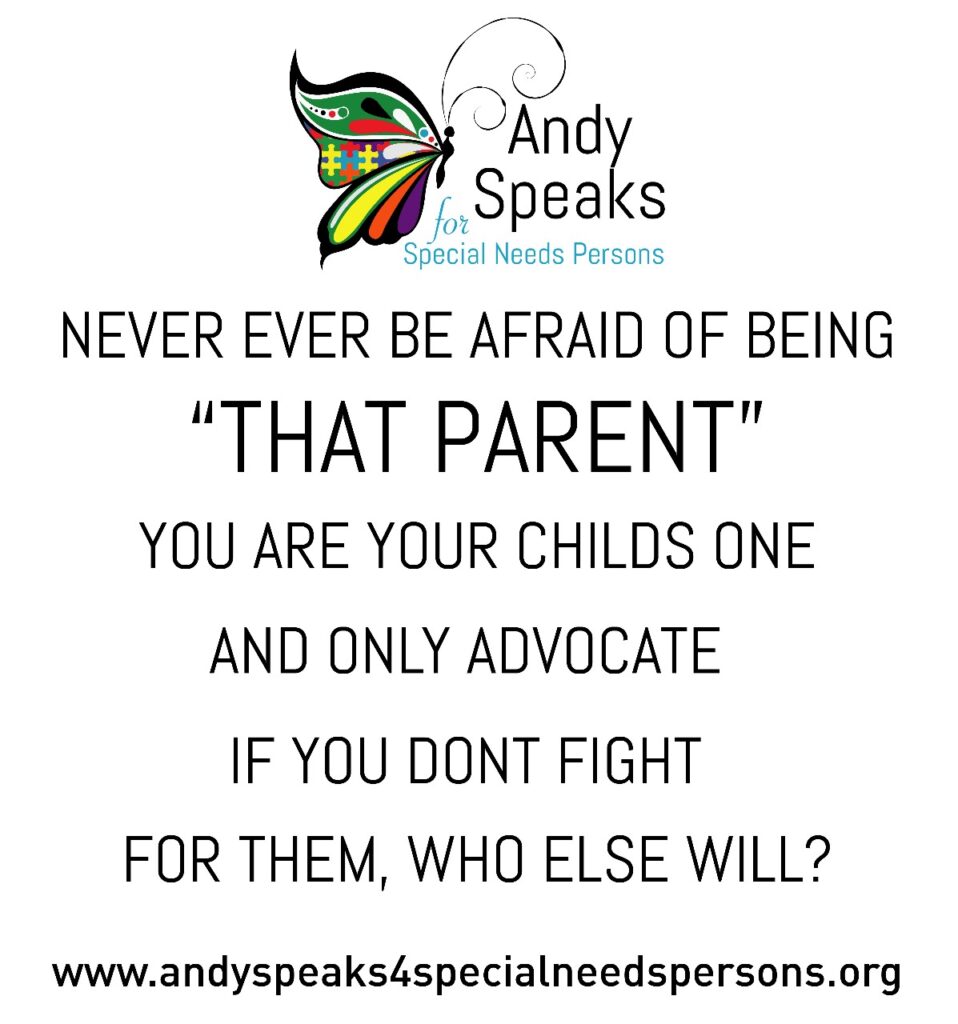
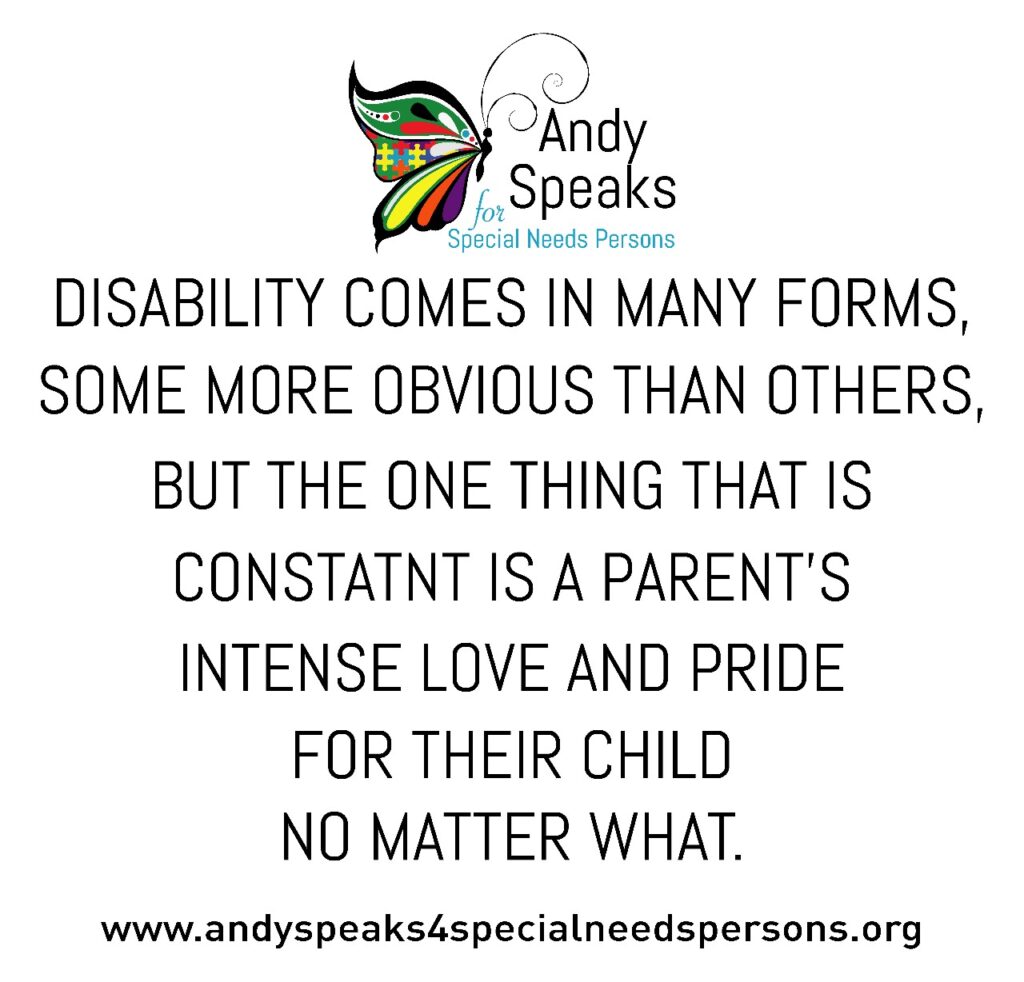
Siblings
Siblings of neurodiverse persons often play an important role in their lives, and their experiences can be both rewarding and challenging. Siblings may have unique perspectives on the experiences of their neurodiverse brothers and sisters, and may have different needs for support and understanding.
Some tips for supporting siblings of neurodiverse persons include:
- Providing education and resources: Siblings may benefit from learning more about their sibling’s condition and how they can support them. Providing access to resources such as books, support groups, and counseling services can be helpful.
- Encouraging communication: Siblings may have questions or concerns about their sibling’s condition, and it is important to encourage open and honest communication about these issues.
- Allowing for individual needs: Siblings may have different needs for support and understanding, and it is important to respect these individual needs and provide appropriate support.
- Providing opportunities for bonding: It can be beneficial for siblings to have opportunities to bond and connect with each other. This can include shared activities or hobbies that they both enjoy.
- Encouraging self-care: Siblings may experience stress or burnout from the demands of caring for their neurodiverse sibling, and it is important to encourage self-care practices such as exercise, relaxation, and time with friends and family.
Overall, supporting siblings of neurodiverse persons requires understanding, patience, and flexibility. It is important to recognize the unique experiences and needs of each sibling and provide appropriate support and resources to help them thrive.
Selfcare and Psychosocial Support
Self-care refers to the practice of engaging in activities and behaviors that promote physical, mental, and emotional well-being. Self-care activities can be simple or complex, and can include anything that promotes relaxation, stress reduction, and overall health and wellness.
Some examples of self-care activities include getting enough sleep, eating a healthy and balanced diet, exercising regularly, spending time outdoors, practicing mindfulness or meditation, engaging in hobbies or creative activities, spending time with loved ones, and seeking support from a therapist or support group.
Self-care is important for everyone, but it is particularly important for individuals who may be experiencing stress, anxiety, or burnout. Practicing self-care can help individuals manage their stress levels, improve their mood and mental health, and increase their overall sense of well-being.
Self-care is also important for individuals who may be caring for others, such as caregivers or healthcare professionals. These individuals may experience higher levels of stress and burnout, and practicing self-care can help them to manage their own health and well-being while also providing care for others.
Overall, self-care is a crucial aspect of maintaining good health and well-being, and should be incorporated into daily routines and lifestyles.
https://www.mentalhealth.org.
SNP Strains

